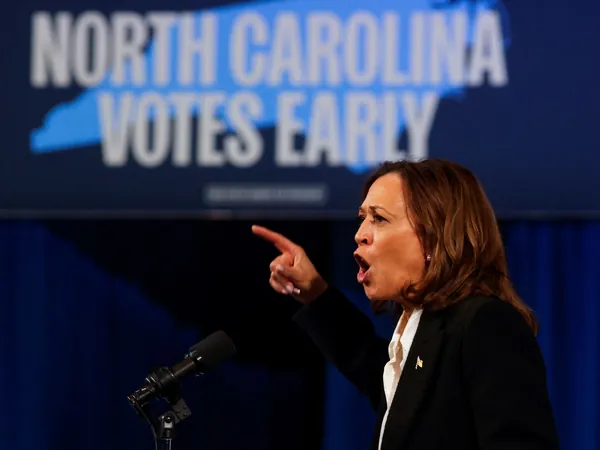
Kamala Harris Launches Economic Initiatives to Reignite Support from Black Men Ahead of Crucial Election
2024-10-14
Author: Olivia
As the presidential race heats up, Vice President Kamala Harris is making a concerted effort to reconnect with a key demographic: Black male voters. In light of decreasing support, her campaign has unveiled an ambitious "opportunity agenda for Black men," aimed at addressing their unique challenges and encouraging them to head to the polls on November 5.
Recent polls reveal a worrying trend for the Harris campaign: support among Black male voters has dipped from 85% in the last election under President Biden to just 70% now. There are particular concerns for younger Black men, who feel that their needs and experiences are often overlooked compared to other demographic groups. More than a quarter of young Black men indicated support for her rival, Donald Trump, raising alarms for Harris's campaign. Trump has been actively courting Black voters by framing immigration as a threat to jobs—a tactic that has seemingly resonated with some in this demographic.
To combat this decline in support, Harris's new proposals include substantial initiatives like $1 million in forgivable small business loans and the legalization of recreational marijuana, which aims to facilitate Black entrepreneurs' entry into this burgeoning market. Additionally, the campaign plans to boost access to cryptocurrency for Black Americans, signaling a push towards modern economic opportunities.
Harris's co-chair, Cedric Richmond, emphasized the importance of equipping Black men with resources to foster economic prosperity, stating, “We want Black men to have the tools to buy homes, start businesses, and build wealth.” He further highlighted investing in health equity initiatives targeting diseases like sickle cell anemia—a condition that disproportionately impacts the Black community.
Former President Barack Obama, a prominent figure in the Democratic Party, has also weighed in on the situation, urging Black men to rise above what he termed "excuses" and to support Harris. Obama hinted at the potential influence of sexism in diminished support, suggesting that some may be resistant to a female president despite Harris's qualifications and commitment to the community.
However, some criticism has emerged regarding Obama's comments. Activist Nina Turner argued that it's inappropriate to single out Black men when they have consistently been loyal supporters of the Democratic Party. Harris's campaign acknowledges this sentiment, emphasizing the need for more outreach, including targeted events that celebrate Black male voices and achievements.
To resonate with a wider audience, Harris's campaign is launching initiatives like "Black Men Huddle Up," where African-American male celebrities will engage with communities during NFL and NCAA football watch parties. Additionally, the campaign is rolling out testimonial ads in battleground states featuring local Black male voices, further amplifying their message.
While Harris's latest proposals aim to uplift Black men, her campaign is also conscious of portraying the benefits of these initiatives as inclusive to all. As the race heats up, the question remains whether these targeted strategies will be sufficient to reinvigorate support among Black men and solidify the broader coalition Harris needs to prevail against a formidable opponent like Trump.
The upcoming election promises to be a defining moment—not only for Harris but for the future trajectory of Black political engagement in America. With a national spotlight on their agenda, it’s clear that Harris and her team are committed to ensuring that the voices and needs of Black men are brought to the forefront in this pivotal election year.
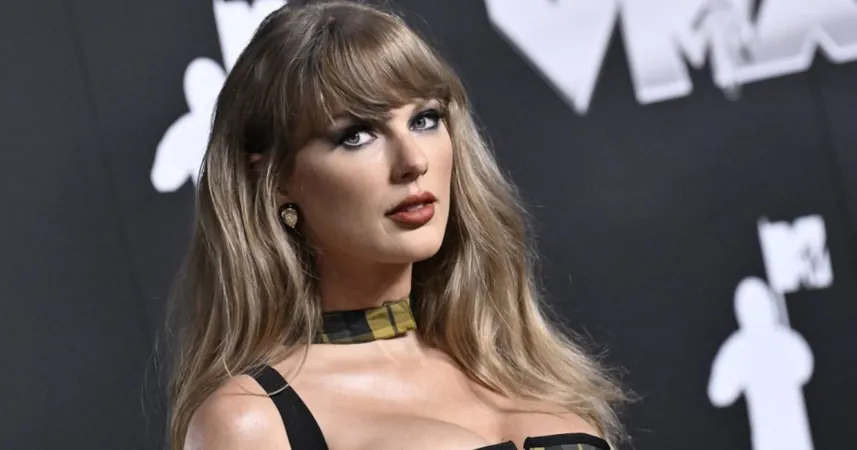



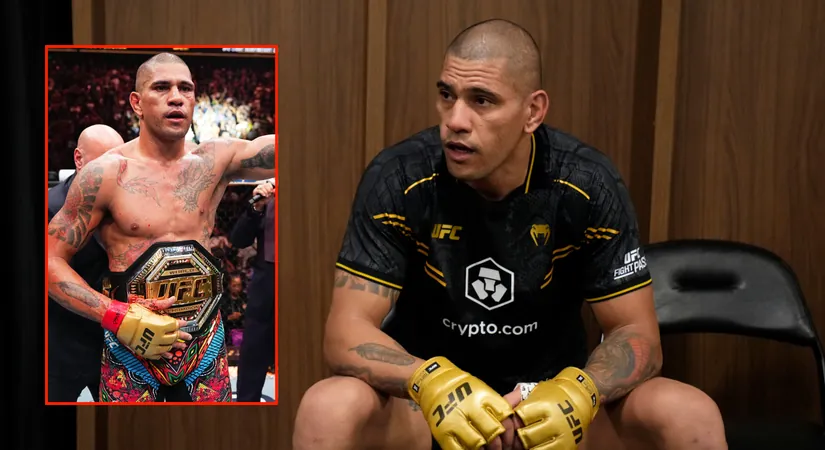
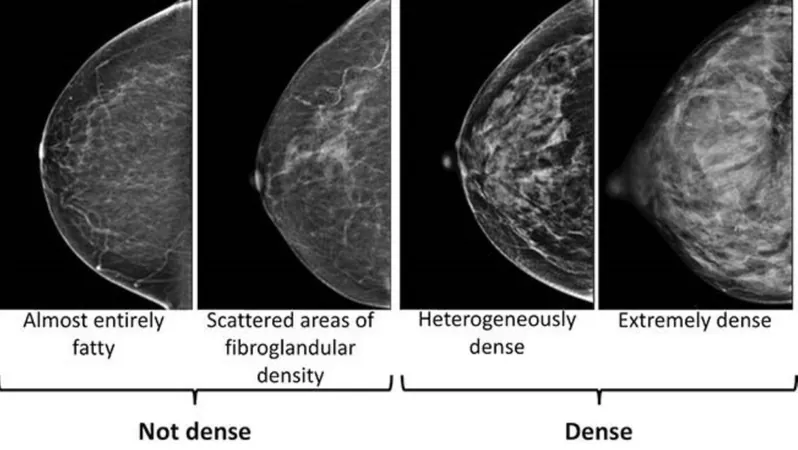
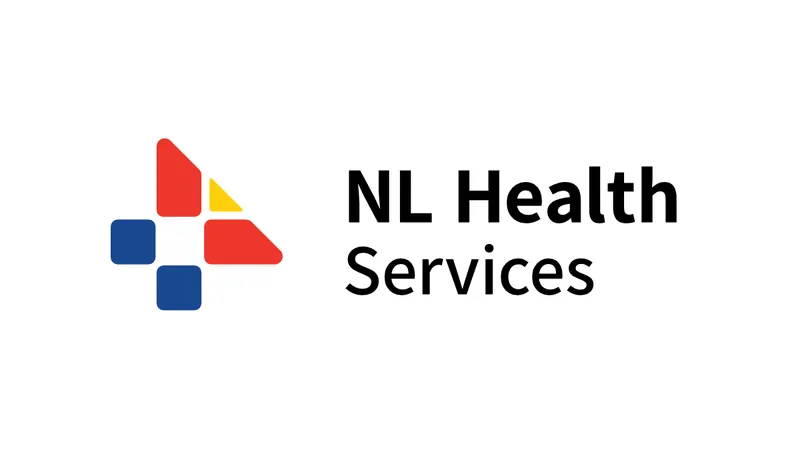

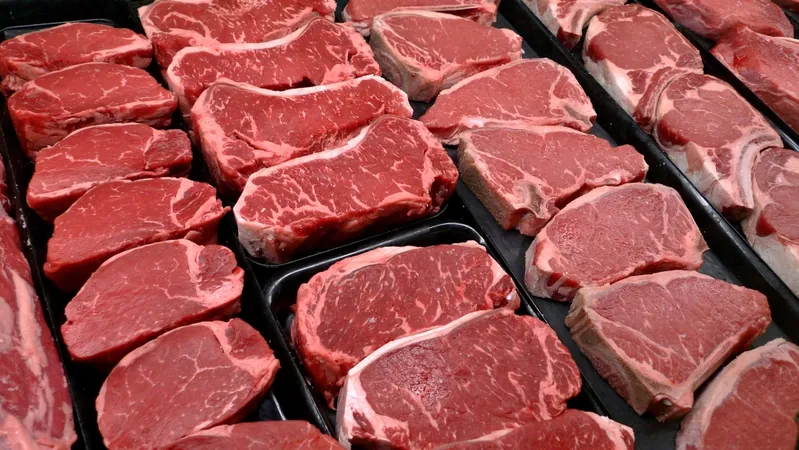
 Brasil (PT)
Brasil (PT)
 Canada (EN)
Canada (EN)
 Chile (ES)
Chile (ES)
 España (ES)
España (ES)
 France (FR)
France (FR)
 Hong Kong (EN)
Hong Kong (EN)
 Italia (IT)
Italia (IT)
 日本 (JA)
日本 (JA)
 Magyarország (HU)
Magyarország (HU)
 Norge (NO)
Norge (NO)
 Polska (PL)
Polska (PL)
 Schweiz (DE)
Schweiz (DE)
 Singapore (EN)
Singapore (EN)
 Sverige (SV)
Sverige (SV)
 Suomi (FI)
Suomi (FI)
 Türkiye (TR)
Türkiye (TR)